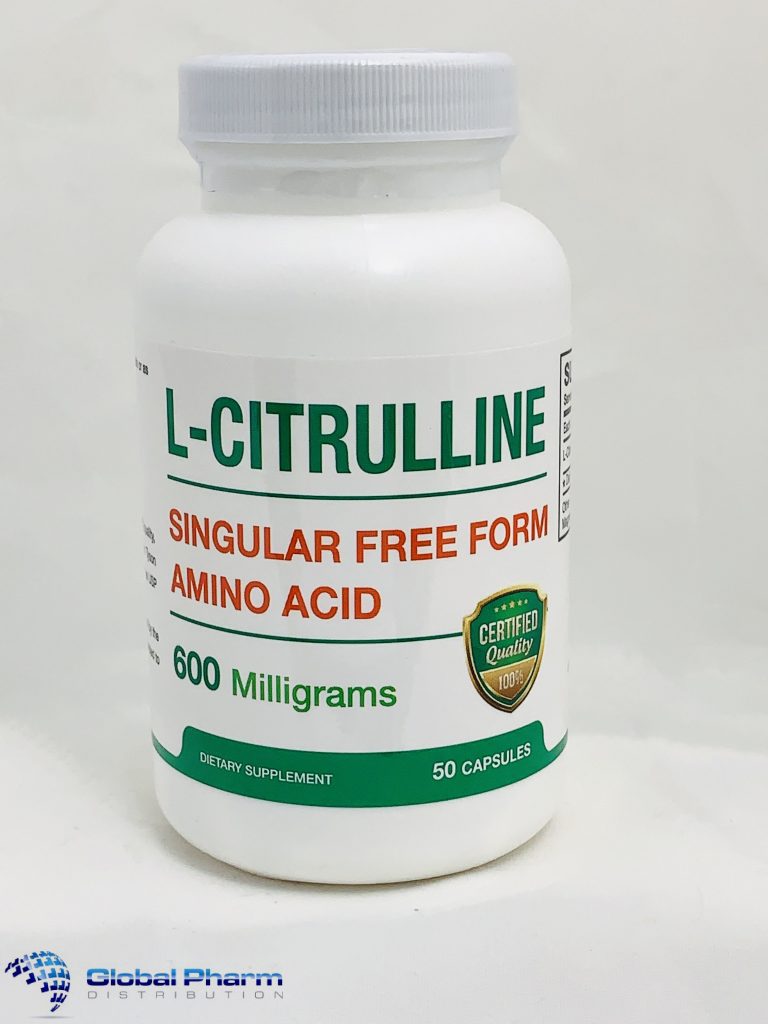Description
For more technical information, please click here
TAURINE, a lesser known amino acid, is not part of our muscle protein yet is important in metabolism, especially in the brain. It is essential in newborns, as they cannot make it. Adults can produce sulfur-containing TAURINE from CYSTEINE with the help of pyridoxine, B6. It is possible that if not enough taurine is made in the body, especially if CYSTEINE or B6 is deficient, it might be further required in the diet. In foods, it is high in meats and fish proteins. TAURINE functions in electrically active tissues such as the brain and heart to help stabilize cell membranes. It also has functions in the gallbladder, eyes, and blood vessels and appears to have some antioxidant and detoxifying activity. TAURINE aids the movement of potassium, sodium, calcium, and magnesium in and out of cells and thus helps generate nerve impulses. Zinc seems to support this effect of TAURINE. TAURINE is found in the central nervous system, skeletal muscle, and heart; it is very concentrated in the brain and high in the heart tissues. TAURINE is an inhibitory neurotransmitter, and its main use has been to help treat epilepsy and other excitable brain states, where it functions as a mild sedative.
Directions: Take 1-3 capsules per day or as recommended by a health care professional. Pure Taurine should be taken with vitamins and minerals. Powder equivalent is 1/4th level teaspoon for each capsule.
 Global Pharm Distribution, LLC
Global Pharm Distribution, LLC

